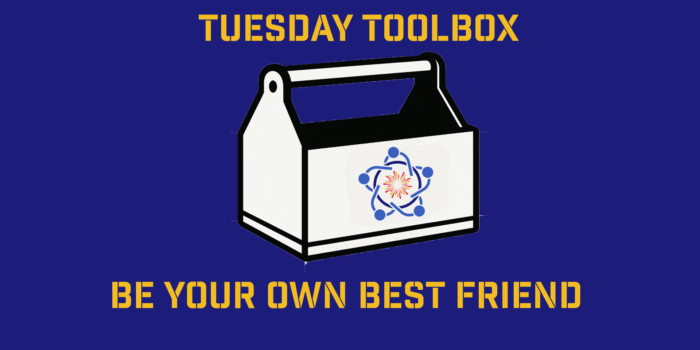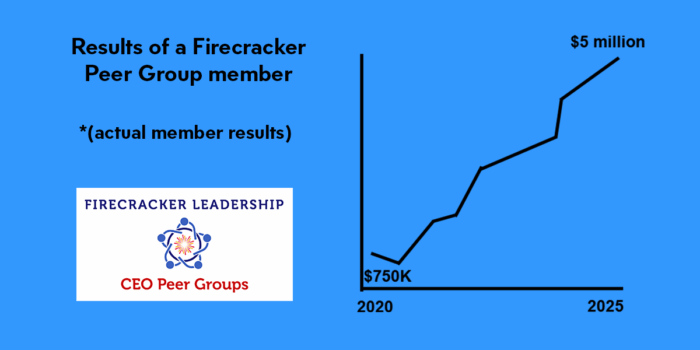Bill Gates just released his summer book recommendations, and he wants you to know that even though they cover some pretty weighty subjects, such as gender inequality, the future effects of climate change, and how basically everything in the world works, they’re also fun to read. None of these books feels heavy, he writes. “Each of the writers–three novelists, a journalist, and a scientist–was able to take a meaty subject and make it compelling without sacrificing any complexity,” he explains in his blog.
“I loved all five of these books,” he continues. Here they are:
1. The Power by Naomi Alderman
This science fiction novel was suggested to Gates by his daughter Jenn. The Power starts with a simple but fascinating premise: What if women were suddenly endowed with the ability to discharge a violent electric shock from our bodies?
I haven’t read the book, but I can see the point of this premise. Imagine two strangers meeting in an alley late at night, one male, one female. In the world as we know it, we would automatically assume that the woman in this scenario, and any scenario like it, is always under threat. That assumption dictates where women can safely go and when. We all know that in some times and places, merely being female can land us in very bad trouble.
Now imagine that if a man and a woman met in a dark alley, he was the one who had to fear for his safety. “Reading about female characters who have been suffering with no recourse and suddenly have the power to defend themselves, I gained a stronger and more visceral sense of the abuse and injustice many women experience today,” Gates writes. Sounds good to me.
2. Why We’re Polarized by Ezra Klein
Whatever your political views, it’s hard to feel anything but depressed at the current state of political discourse in this country and around the world. People of opposing political views seem unable to even have a civilized conversation, let alone actually find areas that they agree on.
In Why We’re Polarized, Ezra Klein explains how our polarized political views arise more from our identities, and the groups we feel we belong to, than from any logical assessment of facts and policies, and that this has its origins in human history and the ways our species evolved. “To solve a problem, we need to see what’s causing it,” Gates writes. “If you want to understand what’s going on with politics in the United States right now, this is the book to pick up.”
3. The Lincoln Highway by Amor Towles
It’s 1954, and two young brothers with a troubled past attempt to drive in a Studebaker from Nebraska to California on the nation’s first coast-to-coast highway. But a figure from the older brother’s past comes into their lives, upending their plans. In The Lincoln Highway, Towles seems to be saying that our personal journeys are never as straightforward as a highway, Gates writes. “But, he suggests, when something (or someone) tries to steer us off course, it is possible to take the wheel.”
Two years ago, Gates reviewed A Gentleman in Moscow, another Towles novel, in which the main character is a Russian count confined for decades to a luxury hotel by the Bolsheviks. He loved that book as well. Gates writes, “It almost doesn’t matter what time or place he decides to write about. I just know I’ll want to read it.”
4. The Ministry for the Future by Kim Stanley Robinson
Several people recommended this sci-fi novel to Gates because it explores a future in which humanity has failed to properly address climate change. Near the beginning of The Ministry for the Future, a heat wave kills more than 20 million people. It’s an event that Gates says could happen in real life in the decades ahead if we don’t take steps to prevent it.
As Gates writes, it’s a harrowing prospect–“but this is not a hopeless book.” The Ministry for the Future in the title is one created by the United Nations to protect the rights of future people by doing whatever it can to provide them with a livable planet. “And by the end of the book–without giving too much away–they find some success,” Gates writes.
Interestingly, he adds, “If we want to address climate change, then our political institutions will have to start doing what the Ministry does: acting on behalf of future generations.” It’s certainly an intriguing concept.
5. How the World Really Works by Vaclav Smil
Gates writes that he was surprised and pleased to see this book land on The New York Times’ bestseller list. Although Smil is one of his favorite authors, Gates writes, most of his books are not for everyone. “Many of his books are dense and packed with data, and it is an understatement to say they have never sold especially well.”
How the World Really Works, however, is written with a lay audience in mind and takes a 30,000-foot view of subjects such as energy and food production that Smil has explored in detail in his 50 other books. The first three chapters should be required reading for anyone who wants to understand climate change, Gates writes–in fact he’s so fond of this book that he’s inviting readers to download the first chapter for free from his blog.
Smil, who has crunched the numbers on just about everything, once said this in an interview: “What we need is the dull, factually correct, and accurate middle. Because only from that middle will come the solutions.” Gates seconds that sentiment. But, he says, this book is anything but dull.



